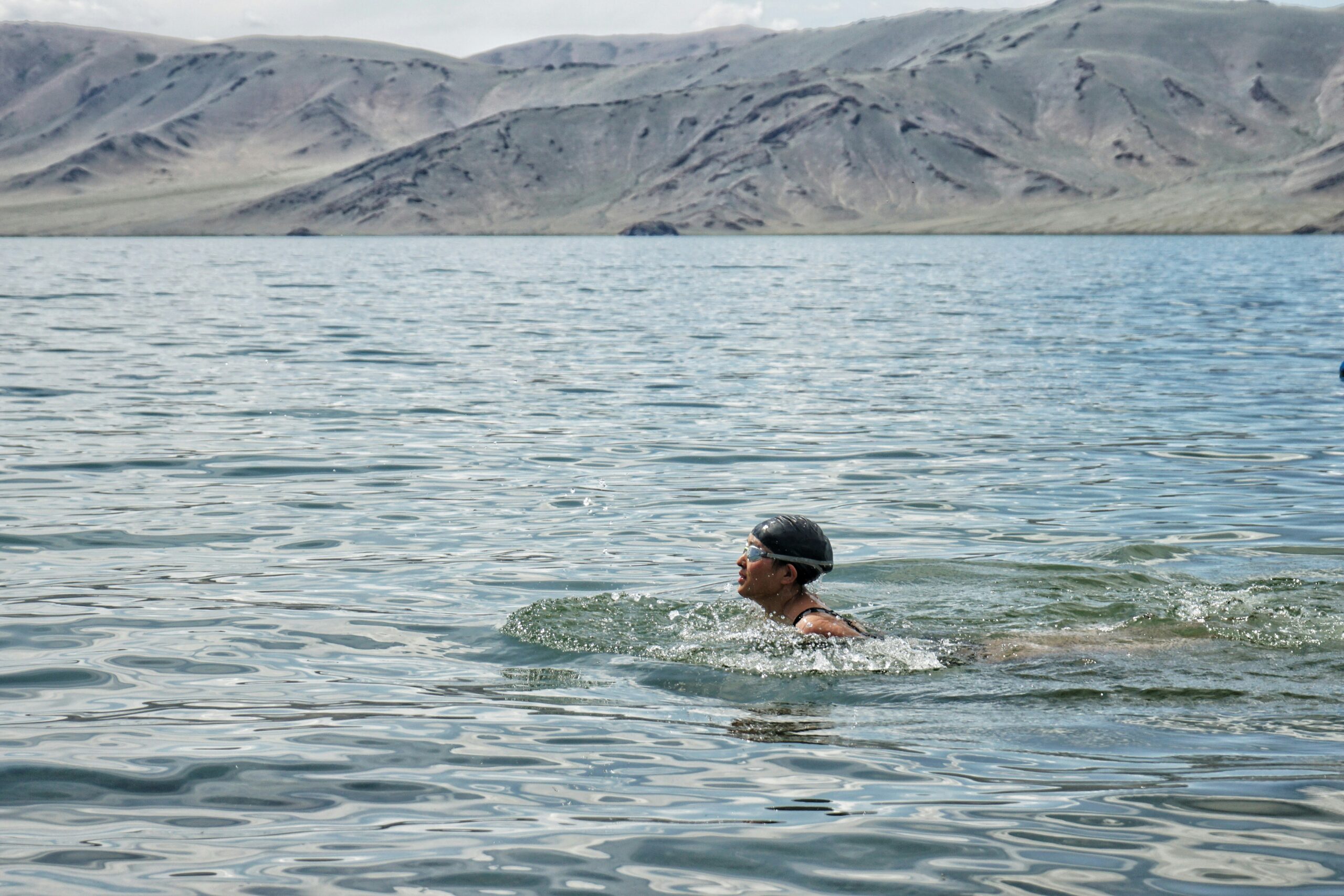The Impact of Sports on Youth Development
Introduction
Sports play a crucial role in the development of youth, contributing to their physical, social, and psychological well-being. Engaging in sports from a young age has been shown to have numerous benefits that extend far beyond the playing field.
Physical Development
Sports are instrumental in promoting physical health among youth. Regular participation helps in:
- Improving cardiovascular fitness
- Enhancing muscular strength and coordination
- Developing motor skills
For instance, a study by the American College of Sports Medicine found that adolescents who engage in sports are less likely to suffer from obesity and related health issues later in life.
Social Development
Beyond physical health, sports foster crucial social skills and relationships. Participation in team sports teaches youth:
- Communication and collaboration
- Leadership and teamwork
- Conflict resolution and sportsmanship
Research from the Journal of Sport and Social Issues highlights that these skills are transferable to academic settings and future careers, contributing to overall social integration.
Psychological Development
The psychological benefits of sports are profound. Regular physical activity through sports:
- Reduces symptoms of anxiety and depression
- Boosts self-esteem and self-confidence
- Teaches goal-setting and resilience
A longitudinal study published in the Journal of Youth and Adolescence suggests that adolescents who participate in sports have higher levels of emotional well-being and are better equipped to handle stress.
Educational and Academic Performance
Contrary to the belief that sports may distract from academics, evidence suggests a positive correlation between sports participation and educational outcomes. Student-athletes often exhibit:
- Improved time management skills
- Higher levels of focus and concentration
- Better academic performance and attendance
Case studies from various educational institutions demonstrate that sports can motivate students to excel academically, as they learn to balance rigorous training schedules with their studies.
Long-Term Impact
The impact of sports on youth development extends well into adulthood. Adults who participated in sports during their youth are more likely to:
- Maintain an active lifestyle
- Engage in community activities
- Display leadership qualities in their careers
For example, former athletes often credit their success in business or public service to the discipline and skills they acquired through sports.
Conclusion
In conclusion, sports are a powerful tool for youth development, offering benefits that encompass physical fitness, social skills, psychological well-being, and academic success. As communities and educational institutions recognize these benefits, investing in sports programs becomes not just an option but a necessity for nurturing well-rounded individuals capable of thriving in various aspects of life.
By encouraging youth to participate in sports and providing them with adequate support, society can foster a generation that is not only healthier and happier but also more resilient and prepared for the challenges of the future.







